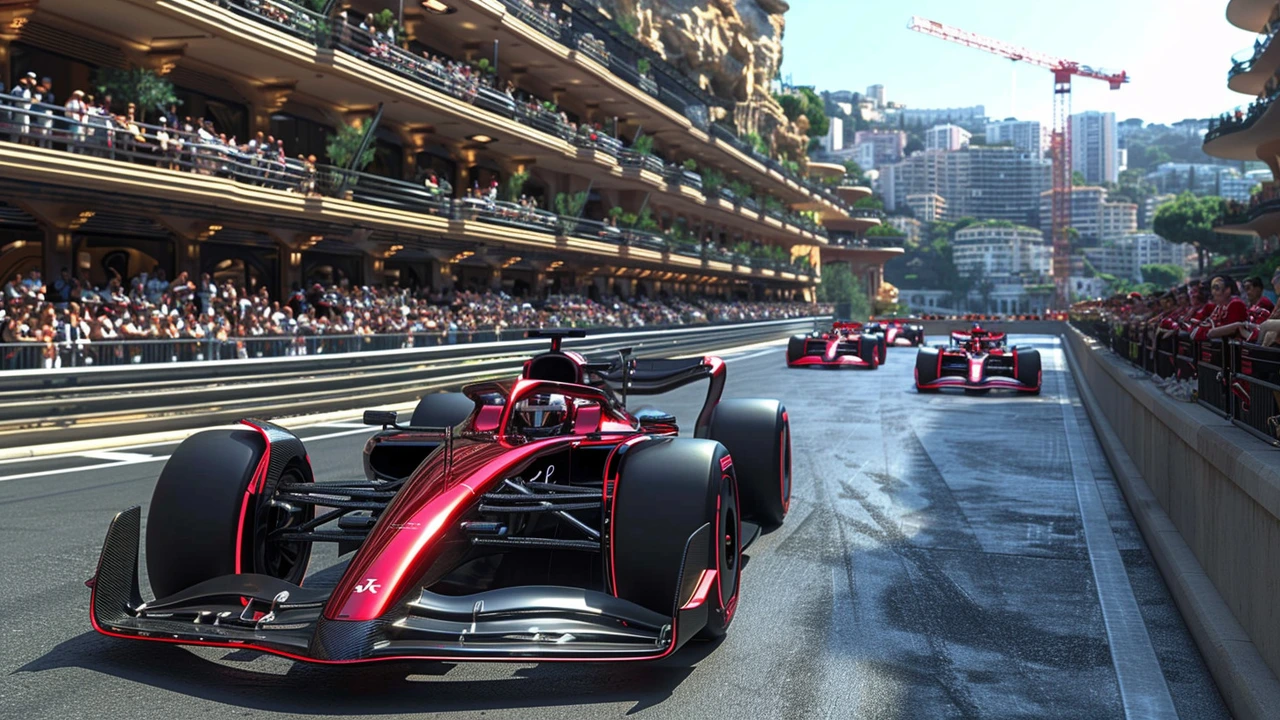
The Decline of the Monaco Grand Prix
The Monaco Grand Prix is one of the most iconic events in the world of motorsport. Its association with glitz, glamour, and high-speed races through the narrow streets of Monte Carlo has made it a centerpiece of the Formula 1 calendar for decades. However, recent years have not been kind to this historic race. The 2024 event was a prime example of Monaco’s ongoing struggle, where the top 10 drivers finished in the exact positions they started. Such predictability raises concerns about the spectacle and the sport's entertainment value.
The root cause of this issue lies in the evolution of F1 cars. Modern F1 vehicles have become significantly larger and heavier over the years. The increased car dimensions paired with the addition of hybrid power units have resulted in vehicles that are much more cumbersome. This has a direct effect on Monaco’s tight circuit, where overtaking becomes practically impossible, reducing the race to a processional event rather than a competitive spectacle.
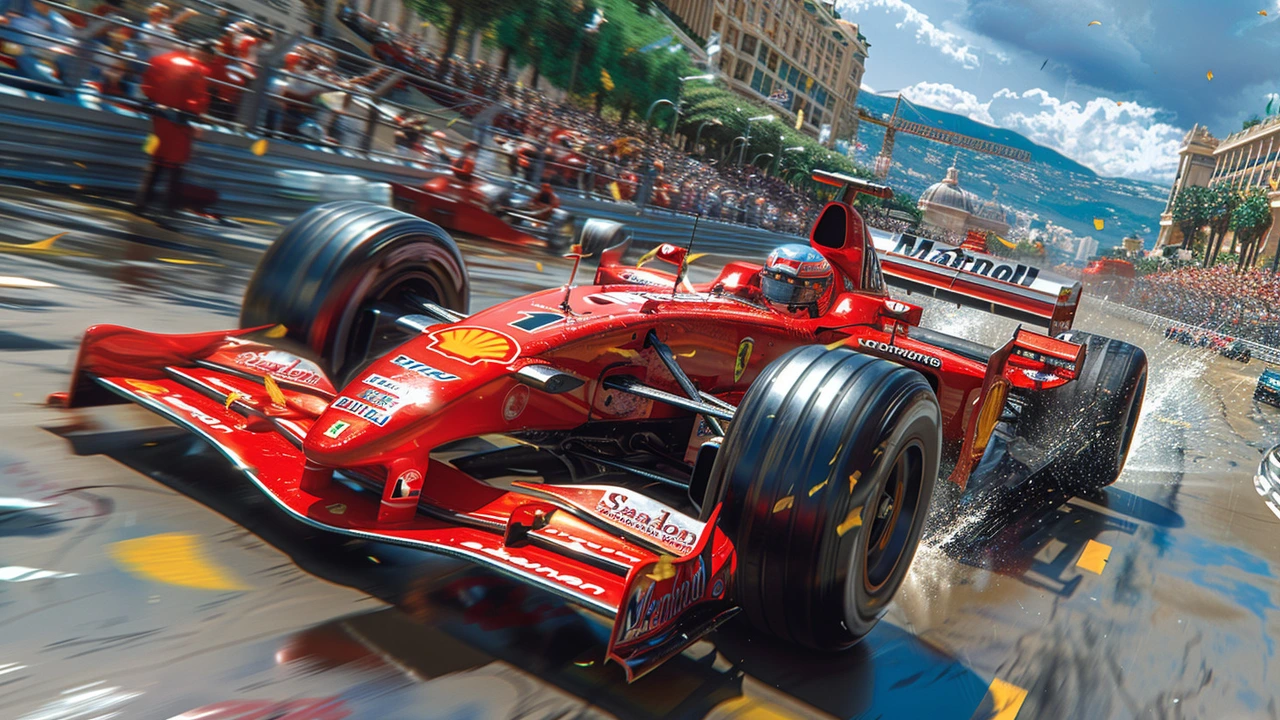
The Size and Weight Problem
Formula 1 cars of the past were nimble, light, and compact, qualities that suited Monaco’s challenging track. Today’s F1 cars, however, are a different beast altogether. The trend towards broader cars with increased aerodynamics and larger wheels has led to an average width of 2 meters and lengths up to 5 meters. These dimensions make navigating the narrow streets of Monte Carlo a monumental task, let alone finding opportunities to overtake fellow competitors.
The hybrid power units have added further weight to these vehicles, making maneuverability even more of a challenge. With regulations pushing for more efficient and environmentally friendly technologies, the cars have gained additional components and systems that add significant bulk. This conundrum creates a race environment where drivers are more often focused on avoiding mistakes rather than seizing overtaking opportunities.
Options to Revive Excitement
Simplistic as it might sound, reducing car size is not an easy option. It requires comprehensive changes in design, engineering, and substantial cost implications for teams. Therefore, it’s crucial to explore more pragmatic solutions that can revive Monaco’s racing excitement without causing drastic disruptions to the F1 ecosystem.
One possibility is to reimagine the race format. Introducing unique qualifying sessions tailored to Monaco could limit traffic on the narrow course, providing cleaner and potentially quicker laps. Special tires designed specifically for Monaco’s track conditions could enhance grip and traction, enabling more daring maneuvers. Another idea involves revisiting the rules around red flags and tire usage to ensure these do not inadvertently hamper the race’s narrative. More flexible regulations could promote different strategic approaches, injecting unpredictability back into the race.
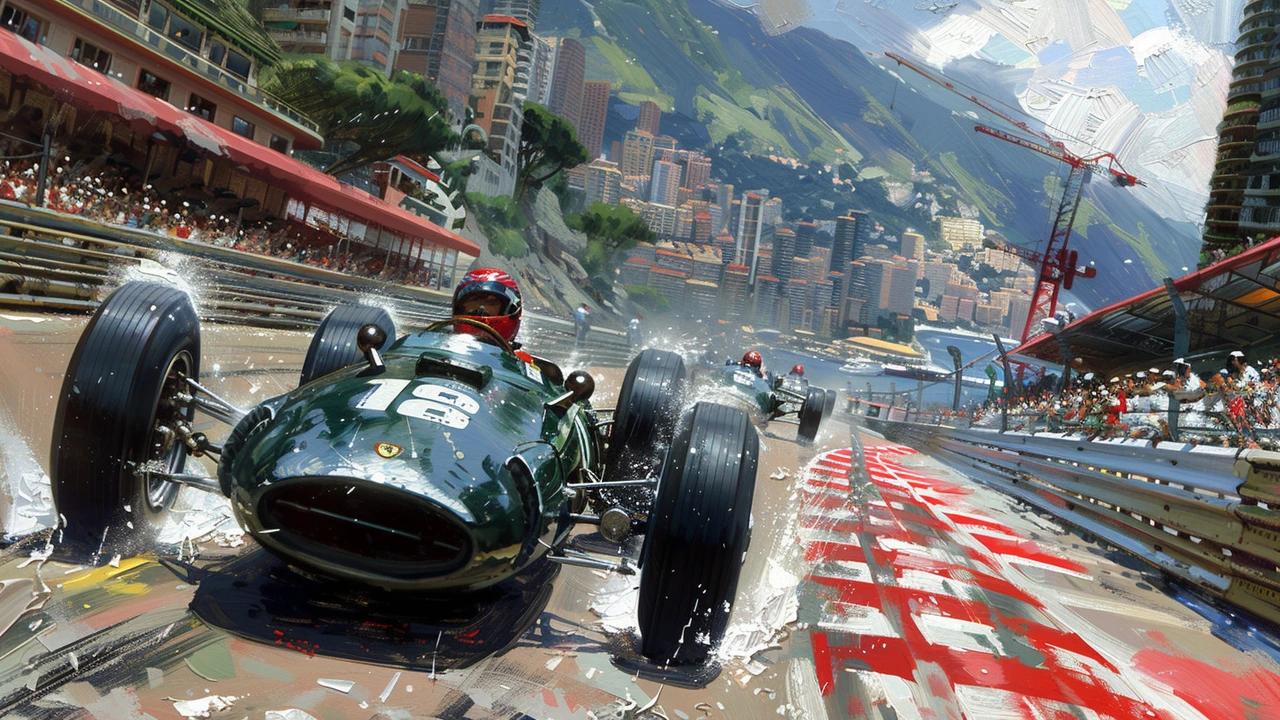
Preserving Monaco’s Legacy
Monaco is not just a race track; it is a legacy. The challenge extends beyond mere engineering problems; it’s about preserving a piece of motorsport history. As F1 continues to expand globally, incorporating new circuits and innovations, maintaining the allure of classic races like Monaco is vital.
Ensuring Monaco remains a staple on the calendar requires collaboration between teams, sponsors, and governing bodies. The track itself holds historical significance, and making substantial changes to its layout is both impractical and undesirable. Instead, the focus should be on leveraging technology and innovative solutions to conform the race to modern F1 standards while keeping the essence of its heritage intact.
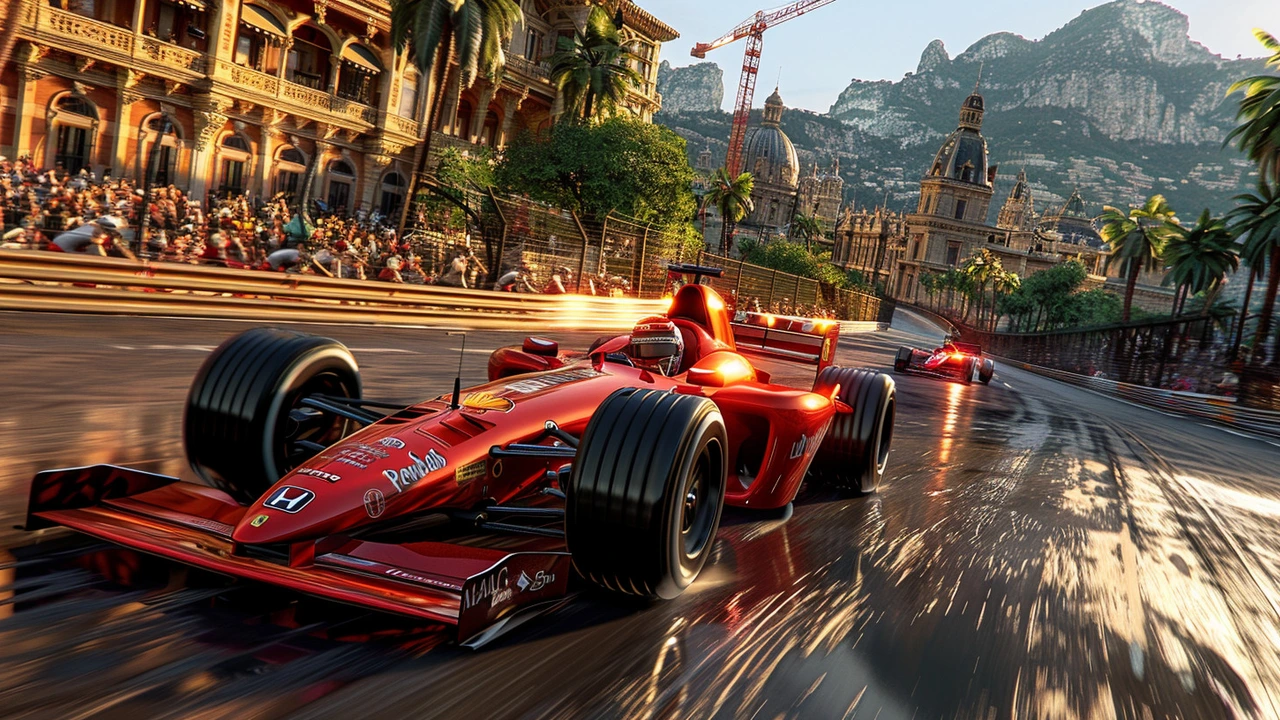
The Future of the Monaco Grand Prix
The Formula 1 community must come together to find ways to rejuvenate the Monaco Grand Prix. It is not just about making cars smaller or lighter but about adapting the event to the conditions of modern racing. By doing so, the sport can ensure that the excitement, unpredictability, and historical value of the race are preserved. Without significant and thoughtful changes, the Monaco Grand Prix risks becoming a relic of the past rather than a continuing jewel in the crown of Formula 1. The fans, sponsors, and the sport itself deserve an extraordinary event that mirrors the brilliance of its illustrious history.
14 Comments
Write a comment
More Articles
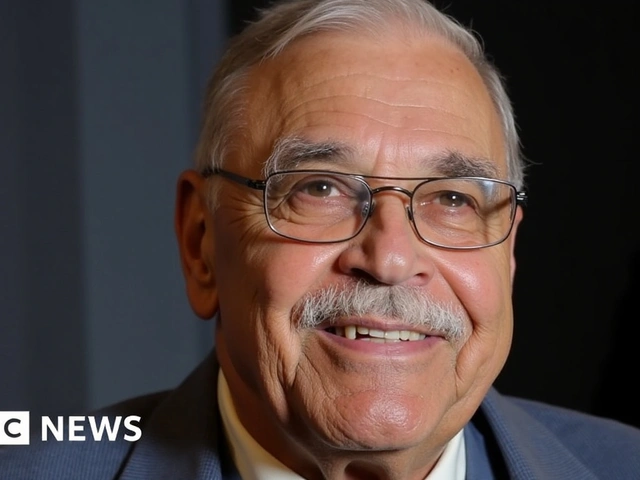
James Earl Jones, Legendary Darth Vader Voice Actor, Passes Away at 93
Renowned for his deep, resonant voice as Darth Vader in Star Wars, James Earl Jones has died at 93. Confirmed by his representative, Jones passed away on Monday morning with his family by his side. He enjoyed a stellar career in Hollywood, appearing in films like 'Field of Dreams' and 'Coming to America.' The story is still developing with more updates anticipated soon.

UEFA Super Cup: Real Madrid beat Eintracht Frankfurt 2-0 to equal all-time record in Helsinki
Real Madrid beat Eintracht Frankfurt 2-0 in Helsinki to win their fifth UEFA Super Cup. David Alaba and Karim Benzema scored, with Benzema moving past Raúl as Madrid’s second-highest scorer. Casemiro was named MVP, while Tchouaméni and Rüdiger made debuts. Carlo Ancelotti claimed a record fourth Super Cup as a coach.
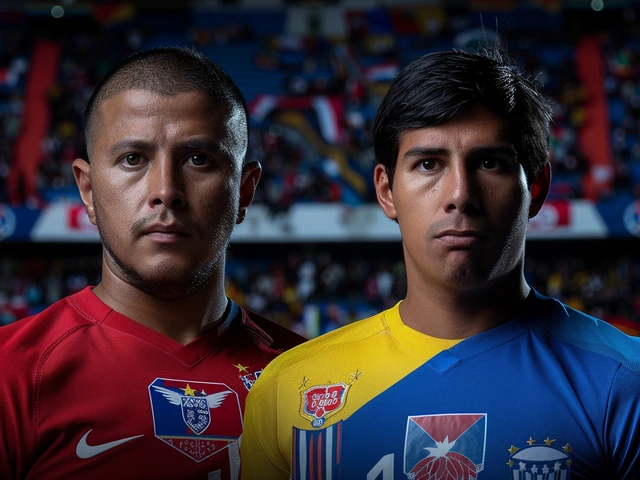
Ecuador and Venezuela Clash: Copa America 2024 Match Preview, Analysis, and Predictions
An in-depth preview of the Copa America 2024 match between Ecuador and Venezuela. The analysis covers both teams' recent performances, key players, strategies, and head-to-head records. Ecuador is expected to win with a predicted score of 2-0, given their strong squad and Venezuela's inconsistent form. Expert insights for football enthusiasts are included.
priya sharma
May 28, 2024 AT 19:15From an engineering perspective, the aerodynamic load distribution on the current Generation 4 power unit significantly compromises vehicle agility within the sub‑60 m street segments of Monaco. The increased frontal area (∼2 m) coupled with augmented mass‑flow rates of the turbo‑compounded system elevates the inertia tensor, thereby diminishing lateral slip‑angle tolerance during high‑density cornering phases. Moreover, the homologated minimum ride‑height regulation, in conjunction with the augmented chassis bulk, curtails under‑steer mitigation strategies that are pivotal for overtaking manoeuvres. Consequently, the stochastic element of racecraft is attenuated, leading to a deterministic procession rather than a competitive stochastic process. To remediate this, a multidisciplinary approach integrating CFD‑derived aero‑re‑optimization and modular weight‑reduction substrata should be explored.